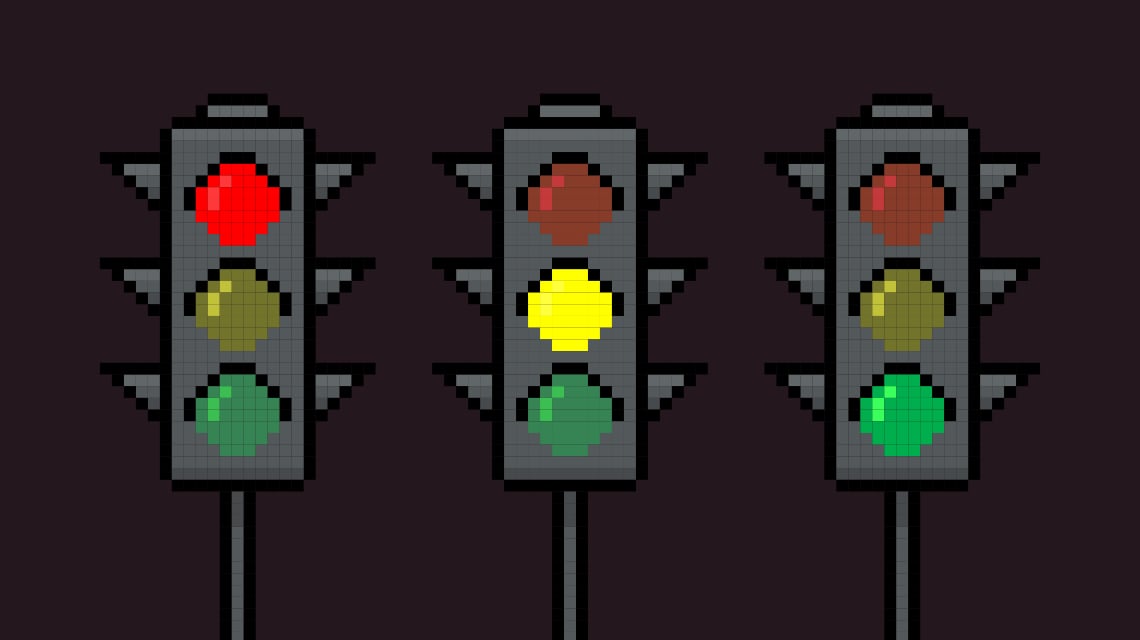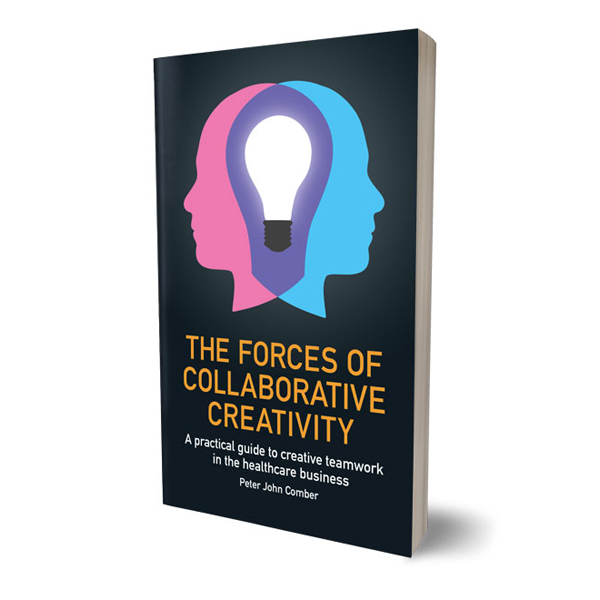De-socialisation.
Is popular culture destined for extinction?
Advertising has always been a part of the culture industry. The driving force and holy grail of the culture industry has always been mass appeal. As the culture industry digitises, virtualises and hyper-personalises, becoming obsessed with segmentation and tailored messages: will there be any cultural experience that we all share?
Popular culture changes continually, at any given time it can be identified through the dominant (most popular) cultural objects: sport, films, songs, books, news stories, people, events, ideas. Mass media has been the driving force of popular culture for many decades and traditional mass media is in decline. Facebook is a medium that reaches the masses, but it must not be confused with traditional mass media because, on Facebook, each individual’s experience is unique. Sharing may be at the heart of social media, but paradoxically, it deprives us of a shared experience. In the past, it was common to ask, ‘Have you read the newspaper today?’ now, it is meaningless to ask, ‘Have you seen the newsfeed today?’.
Highly personalised media, tailored to our preferences, make for compelling user experiences. They have also facilitated self-referential communities, or tribes, to form around specific cultural interests and styles. Popular culture is slowly disappearing, giving way to tribe culture. How far this will progress remains to be seen. In ten or twenty years, will there be a cultural object we all recognise? Will there be a version of reality we all agree on? If not (and the lumbering beasts of popular culture follow the dinosaurs into extinction), will brands devolve from a relatively small number of massive entities into a multitude of nimble creatures, more adept at filling evolutionary niches?
A brand is more than a product or service. It is a signifier, an indicator of identity - it is a part of culture. If popular culture fragments to the point where we have no shared touchpoints, what will become of brands? Compared with a couple of decades ago, brands are, in a cultural sense, increasingly political - they focus on purpose and values more than ever before. The philosopher and sociologist Theodor Adorno wrote: “The triumph of advertising in the culture industry is that consumers feel compelled to buy and use its products even though they see through them.” Maybe the future of brands, and advertising’s final triumph, will be to survive as the last vestige of popular culture.





